Why SufferingSample
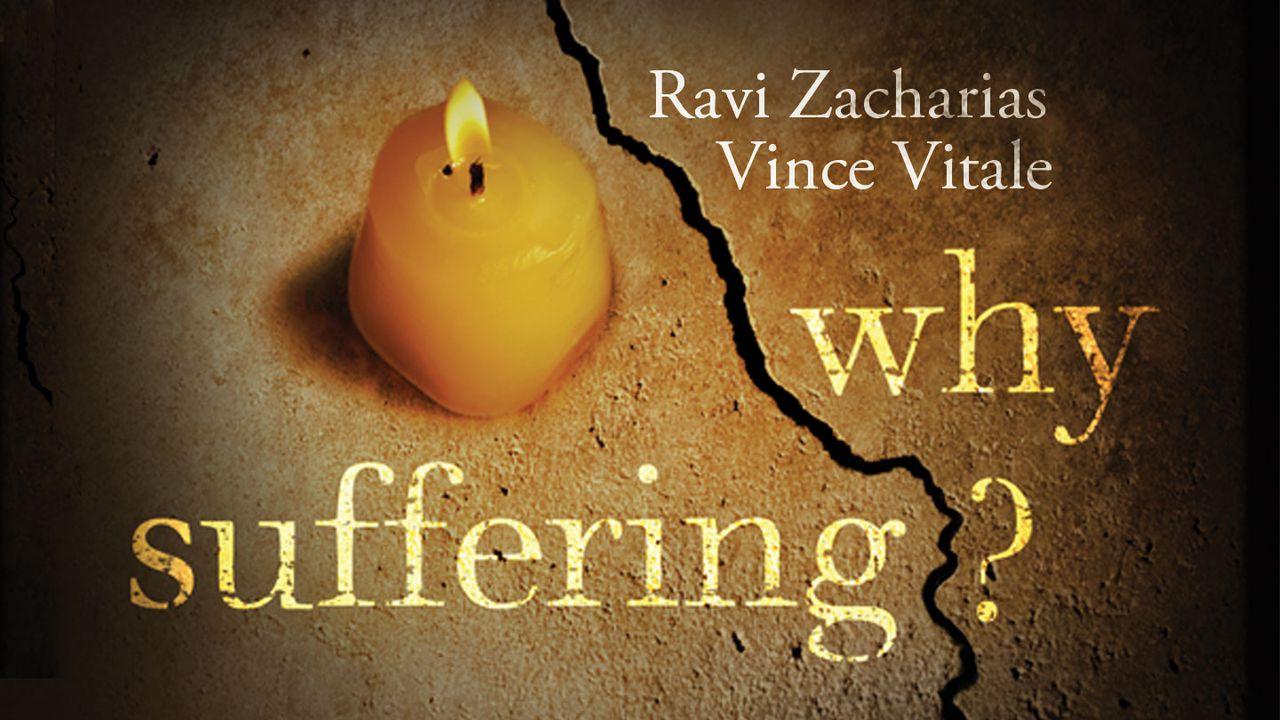
Understanding the True Nature of Sin
The Danish philosopher Søren Kierkegaard once said that “enjoyment consists not in what I enjoy but in getting my own way.”[1]
“Getting my own way.” We simply don’t like the word “sin” and would rather call it anything else.
If worth and worship are in God’s design, brokenness and selfishness are part of the malady. Why did we walk away from the love of God? Because we made a free choice. We divorced Him. It’s the question that demands explanation.
“Did God really say that?” Doubt. That was the starting point of the break between God and humanity. Has God really made such a prohibition? Hearing Eve’s response (either embellished or stated more fully) that if the prohibition were violated death would result, the tempter presented his challenge: “You will not surely die.” And finally came the bait: “For God knows that when you eat of it your eyes will be opened, and you will be like God, knowing good and evil” (Gen. 3:1–5).
The same three temptations were used in the wilderness with Jesus, except that fully understanding with whom he was dealing, the tempter camouflaged the temptations (Matt. 4:1–11). But the progression from doubting God’s promise, to autonomy, and, finally, to the offer of one’s own kingdom apart from God’s purposes, is the same pattern of seduction. The tempter’s formula never changes, just the entry point. The gift of freedom that God has given to each one of us has resulted in the abuse of trust.
It’s important to understand that God’s purpose for us was always perfect fellowship with Him. Just as water is to the body, the presence of God is to the soul. In freely choosing to violate His law, we forfeited the consummate fulfillment of our spiritual longing.
Presence, relationship, holiness, trust, beauty, goodness, peace—all were present in the relationship between God and humanity at creation. By playing God and redefining good and evil according to our own discretion, we introduced into the human spirit disobedience, absence, severance, distrust, evil, and restlessness.
We want to hold God accountable to our notion of good, but we want to do away with the notion of evil and be accountable to nobody. We use our freedom to try to free ourselves from the very One who gives us our freedom. We want the gift without the Giver. The symptom of evil remains—suffering, but we expunge the cause of evil, our own responsibility.
By changing the meta-narrative of God’s story we have sought to change the narrative in our own lives and the result is, in one word: broken. We may call it independence or autonomy or coming of age or postmodern or progressive or political correctness. But in reality we’re broken. Renaming something doesn’t change its essence. The Bible calls it sin. And pain is that constant reminder of our brokenness.
Sin is changing the purpose of God for our lives and becoming self-serving. This pertains to all matters with which we are entrusted. Whether time, money, words, commitments, relationships, or stewardship, we are given the freedom and responsibility to honor those particulars in a manner that is consistent with our God-given purpose. God’s word given to humanity has been redefined by humanity. His word was specific but we have scrambled it up, thinking we know better.
There is a purpose to life, and sin is the violation of that purpose. The starting point of dealing with pain is to understand and accept that there is a purpose to your life and to mine. We are not just thrust into existence indiscriminately; rather, we’re here by the divine will of our Creator God. What is life’s purpose? The Bible makes it clear that the ultimate purpose of God for us is communion with Him. When Augustine said, “You have made us for yourself, and our hearts are restless until they find their rest in thee,”[2] this is precisely what he was talking about.
Reflection Questions
- In your own words, how would you explain the logical connection between sin, human freedom, and suffering?
- The “meaning of life” is often viewed as a complicated, mysterious, or unknowable concept. Based on what you have read, do you think that is the case? Why or why not?
Bible Verses
- Matthew 4:1–11
- Genesis 3:1–5
- John 9:1–3
- Luke 13:1–5
Citations
[1] Søren Kierkegaard, Either/Or, Part 1, ed. and trans. Howard V. Hong and Edna H. Hong (Princeton, NJ: Princeton University Press, 1987), 31.
[2] Saint Augustine, Confessions, trans. Henry Chadwick (New York: Oxford University Press, 2008), 3.
Scripture
About this Plan

This study is based on the book WHY SUFFERING? written by Christian apologist Ravi Zacharias and Vince Vitale, Dean of the Zacharias Institute, It is written for the Christian struggling for an answer, the seeker who thinks suffering disproves God’s existence, and the sufferer who needs a glimpse of a loving God.
More
We would like to thank RZIM for providing this plan. For more information, please visit: https://rzim.org
Related Plans
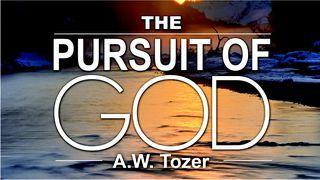
Pursuit of God By A.W. Tozer
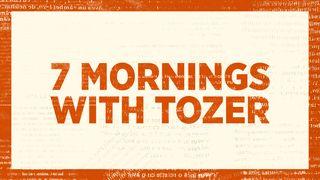
7 Mornings With A.W. Tozer
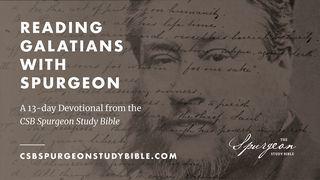
Reading Galatians With Charles Spurgeon
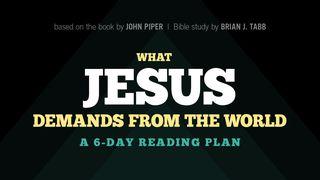
John Piper On What Jesus Demands From The World
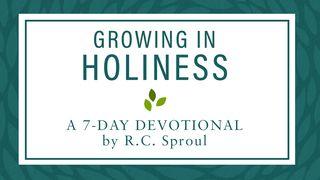
Growing in Holiness By R.C. Sproul

Psalms for Real Life

Hidden Treasure in Dark Places: Heartbreak & Hope

Finding Hope in a Challenging Season

Nehemiah- Rebuilding and Renewal
